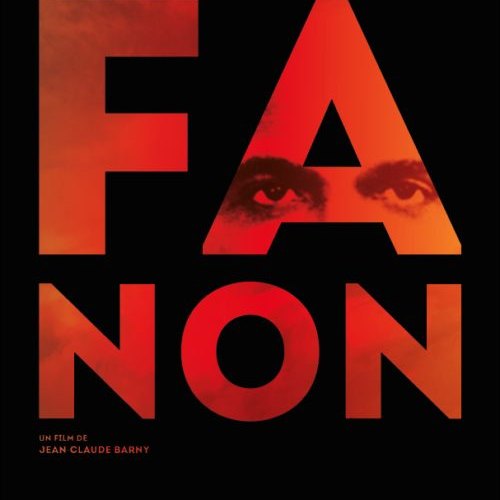Caribbean cinema has always been a powerful vector of cultural and social expression. With the worldwide screening of Fanon the latest film by Guadeloupean director Jean-Claude Barny, at the Marrakech International Film Festival, gives new impetus to this tradition. The film, which explores the life and work of Frantz Fanon an emblematic figure of anti-colonialism and anti-racism, is part of a universal approach that transcends cultural and geographical boundaries.
The Life and Legacy of Frantz Fanon
Born in Martinique in 1925, Frantz Fanon is best known for his major contributions to anti-colonial theory and psychology. His work, notably “Black skin, white mask.” His work had a considerable impact on liberation movements around the world. He died on December 6, 1961 and left behind a complex legacy of powerful ideas on identity, alienation and the struggle for freedom.
In “Fanon” Jean-Claude Barny takes on the arduous task of capturing this complex thought on screen. The film is not just a biopic, but a true mirror held up to our contemporary societies. Through an immersive narrative and evocative images, it invites viewers to plunge into the mind of a man whose ideas still resonate today in the face of persistent structural inequalities.
A Festival of Recognition
The world premiere of “Fanon” at the Marrakech International Film Festival, which runs from November 29 to December 7, 2024, coincides with the 63rd anniversary of the death of Frantz Fanon. This selection from a rich competition of 32 countries underlines the importance of this film in the global cinematic landscape. The festival, renowned for its commitment to cultural diversity, provides an ideal platform for this ambitious project.
Jean-Claude Barny, delighted by this recognition, said that “the selection of Fanon at the Marrakech festival is an incredible opportunity for its international potential”. This film, which tackles universal themes, is an invitation to reflect on past and present struggles, while inspiring future generations.
An Exploration of Alienation and Universalism
It tackles complex themes such as alienation and universalism. Jean-Claude Barny, in a recent interview, stressed the importance of these concepts, particularly for West Indies who have long faced the pressures of cultural assimilation. Bringing these themes to the screen is a challenge Barny has taken up brilliantly, using dreamlike imagery and a thoughtful narrative.
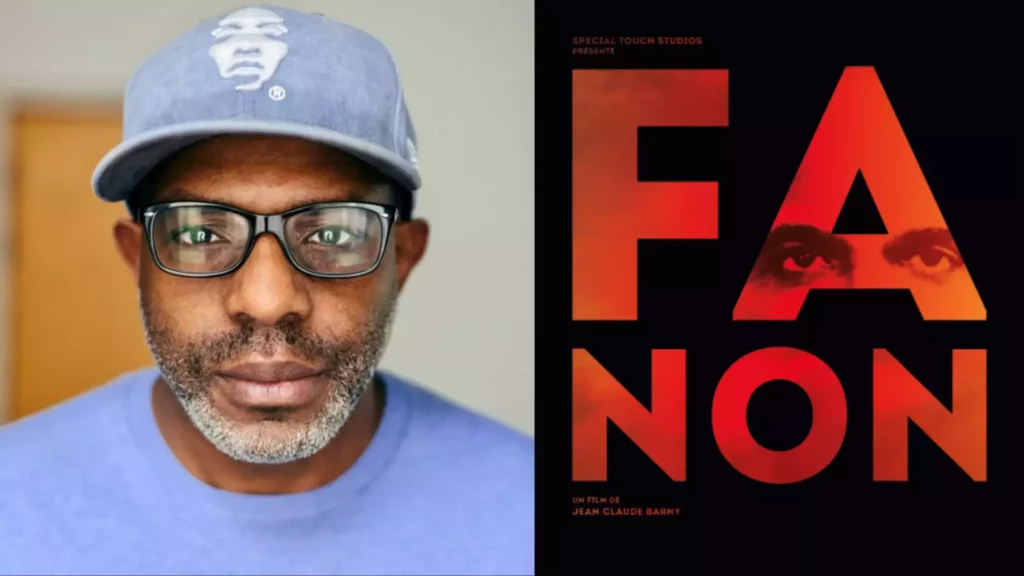
The film also sets out to question notions of integration and alienation, subjects often neglected in contemporary sociological discussions. Barny emphasizes that “this film allows others to think about why we don’t want this thing”, and that cinema has an essential role to play in these debates.
An international team and an ambitious shoot
The making of this series required an international team and a variety of shooting locations, from Luxembourg to Tunisia, via Martinique and Canada for post-production. This international dimension was essential for the filmmaker, who sought to broaden the horizons of Caribbean cinema by opening up to new sources of funding and collaboration.
At a time when streaming is redefining the frontiers of cinema, Jean-Claude Barny believes that “Caribbean cinema has much more comfortable days ahead if it looks to other forces, other centers that call to us: Europe, the United States, the Caribbean”. This paradigm shift is crucial to the development and sustainability of cinema in the region.
An Inspiring Cast
To embody Frantz Fanon Barny chose French-Cameroonian actor Alexandre Bouyer, whose father was originally from Martinique. This decision is not insignificant: Bouyer brings depth and authenticity to the character, allowing us to explore his nuances. In his own words, Bouyer describes the challenge of embodying such an emblematic figure: “It’s a role that means a lot to an entire generation and to a continent. It’s quite a heavy responsibility.
This casting choice demonstrates Barny’s commitment to creating a film that is both authentic and respectful of Fanon’s legacy. By creating space for diverse voices and featuring actors who understand the richness of this story, the film becomes a true tribute to his impact.
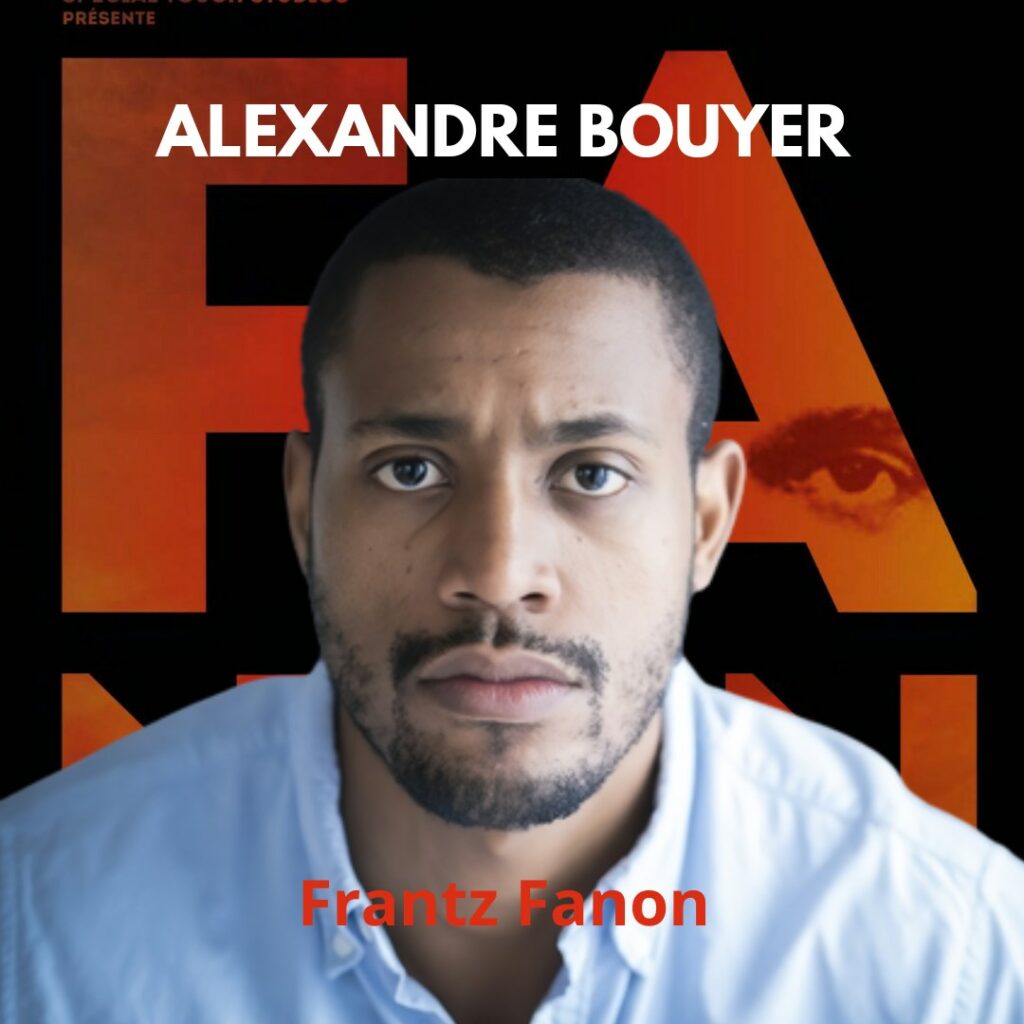

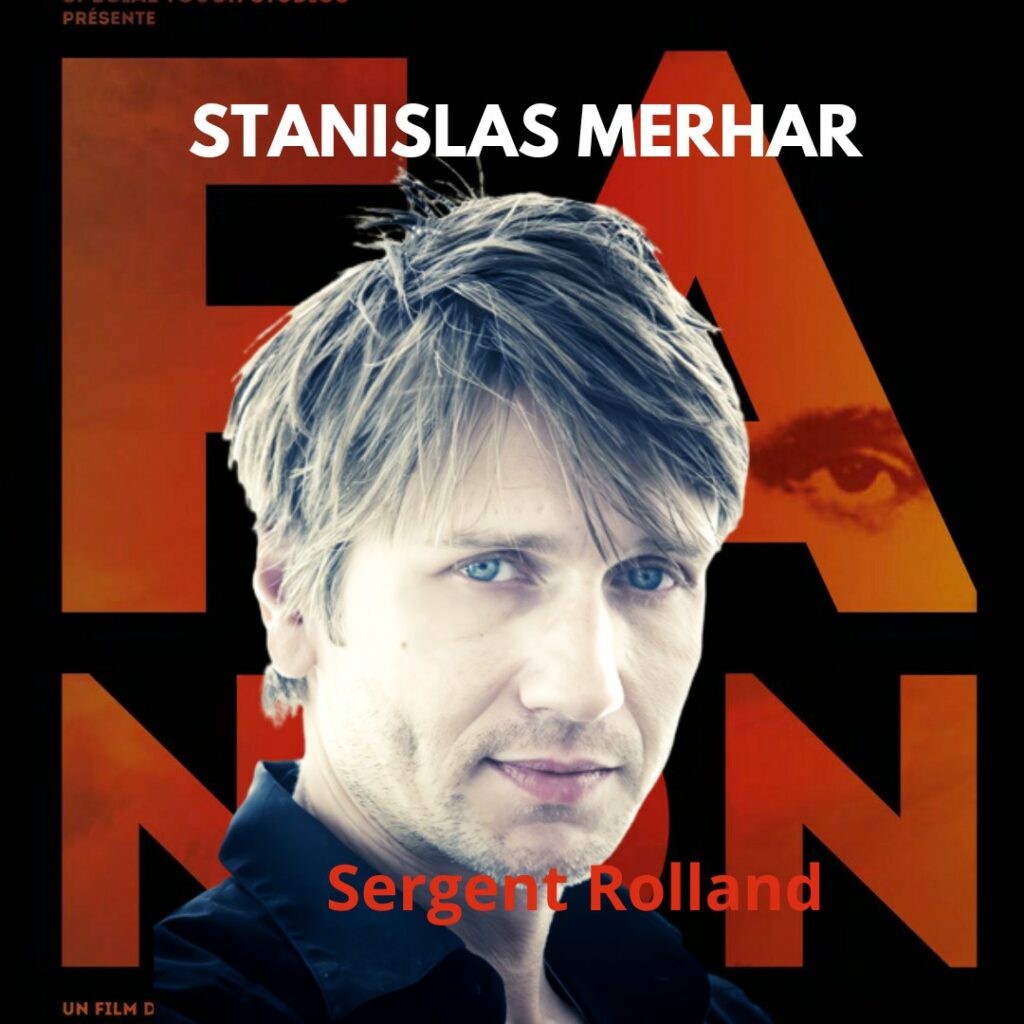
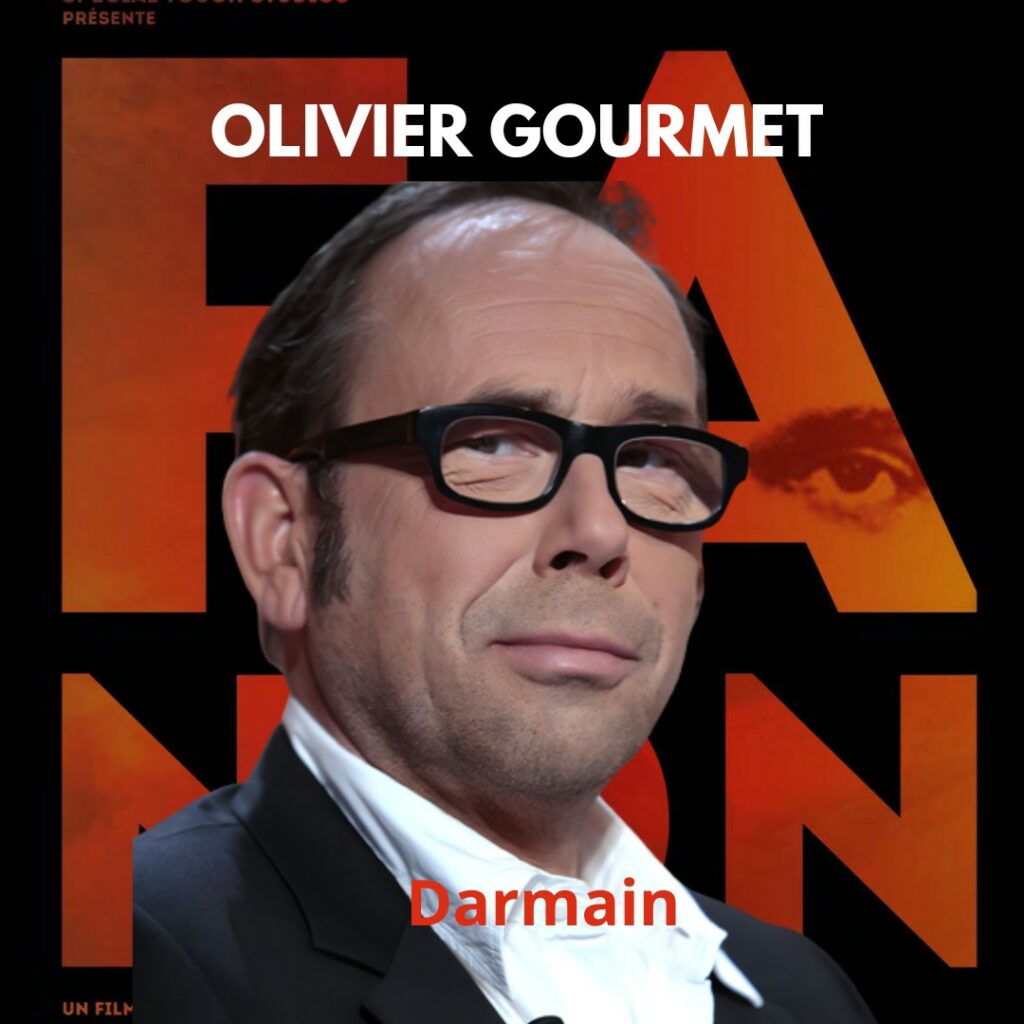
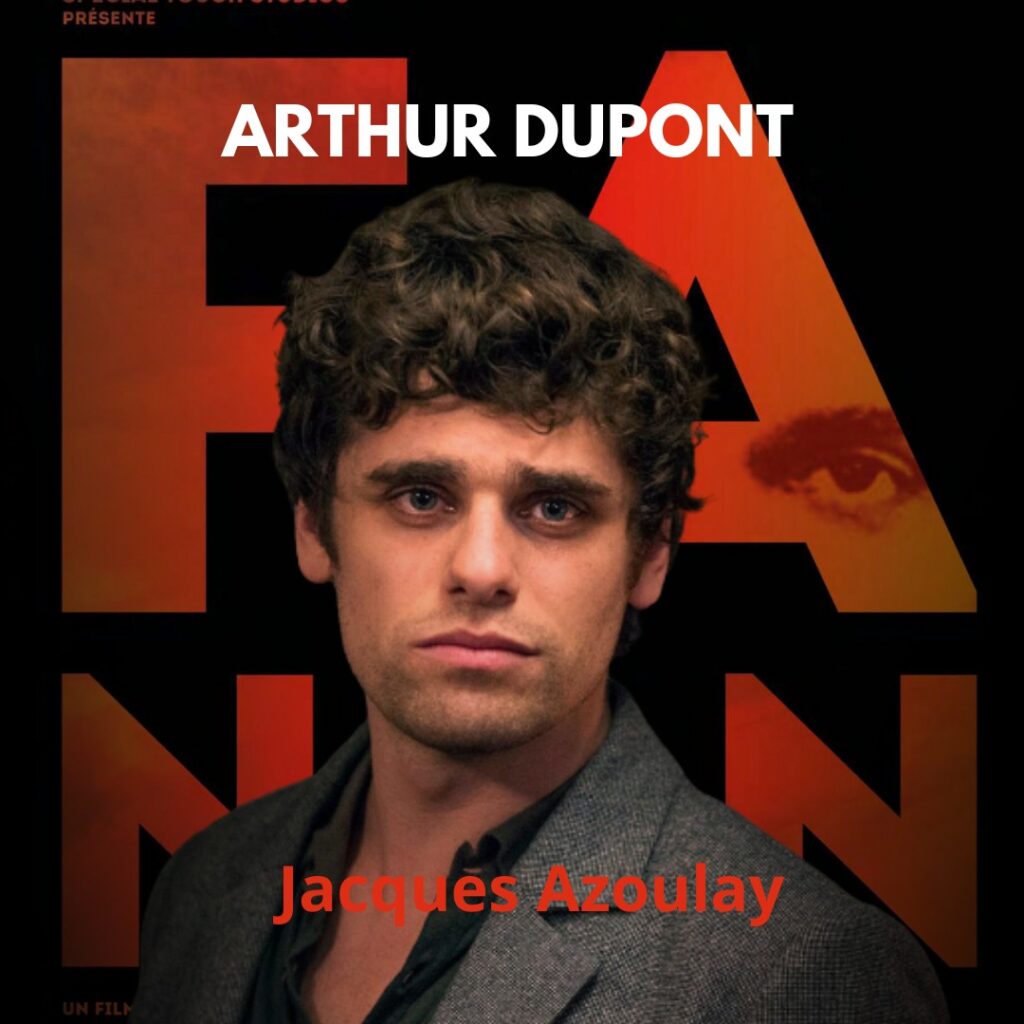
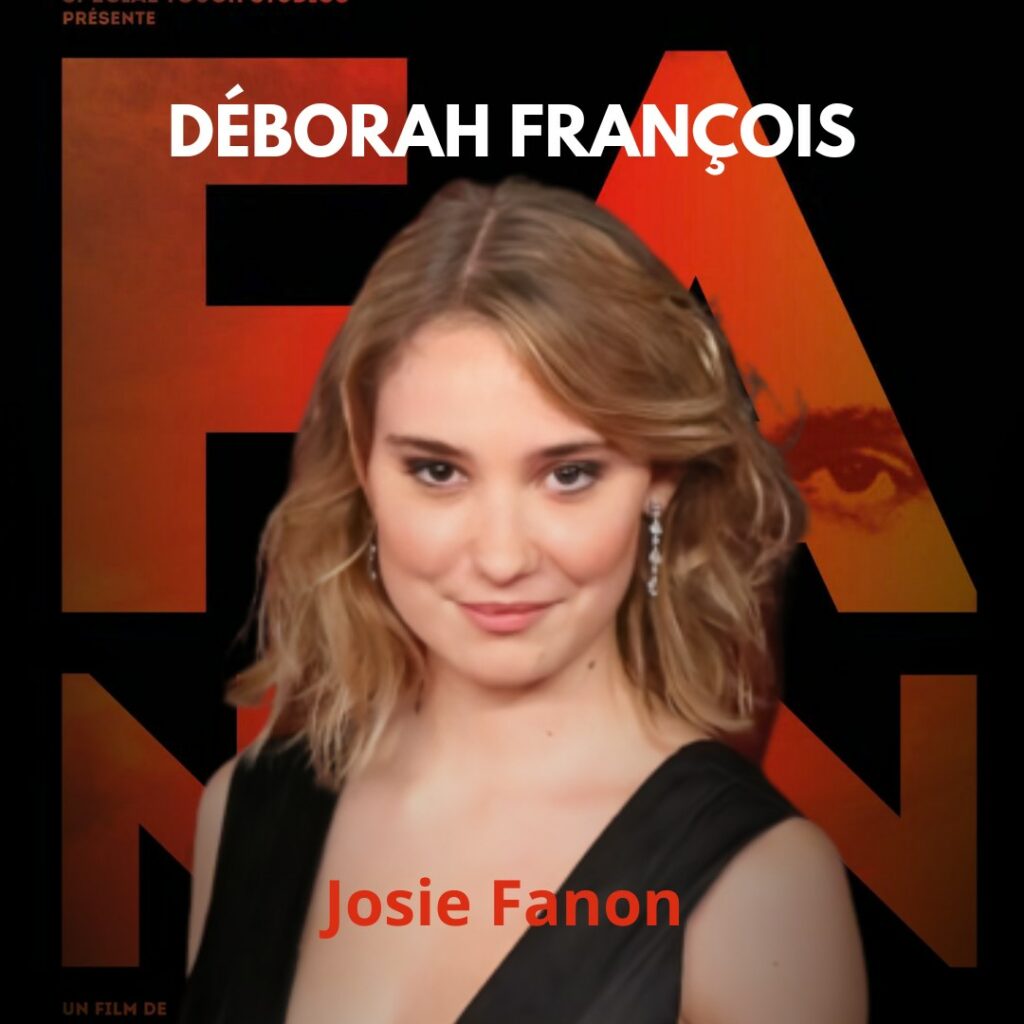
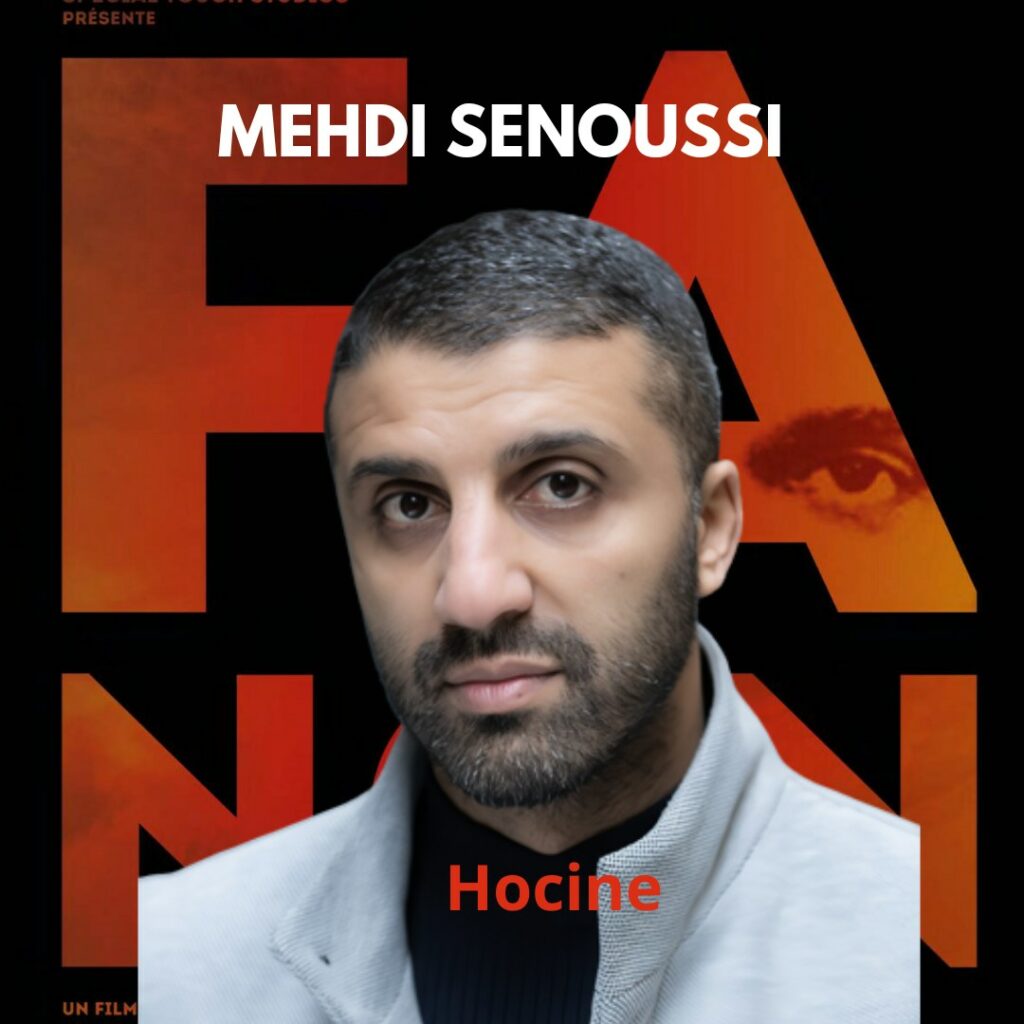
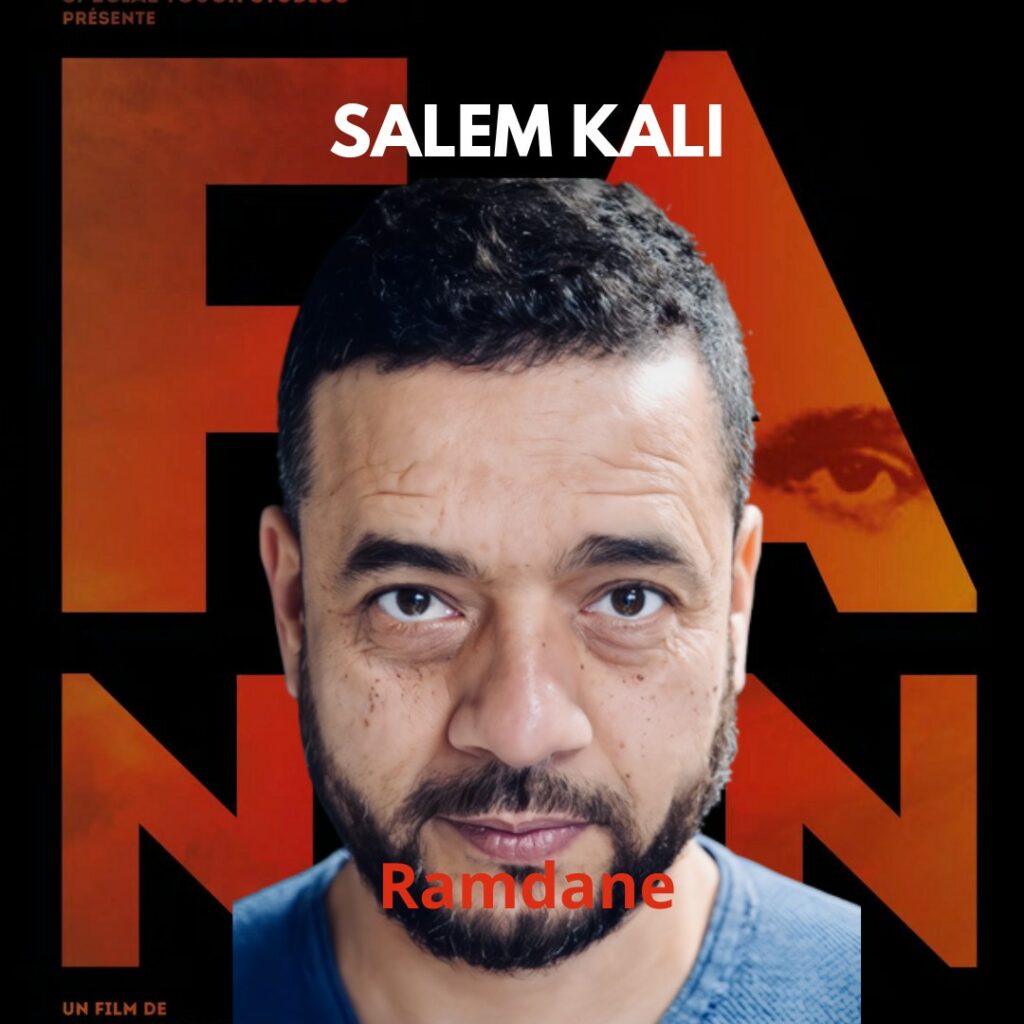


With “Fanon”Jean-Claude Barny’s cinematic work transcends borders, inviting audiences to reflect on essential issues of identity, culture, and the struggle for freedom. This film, which will have its world “premiere” at the Marrakech International Film Festival, marks a turning point in Caribbean cinema, underlining the importance of cultural and social engagement on a global scale. “Fanon” is not just a film; it’s a call to action, a reflection on our past, and an inspiration for future struggles.

